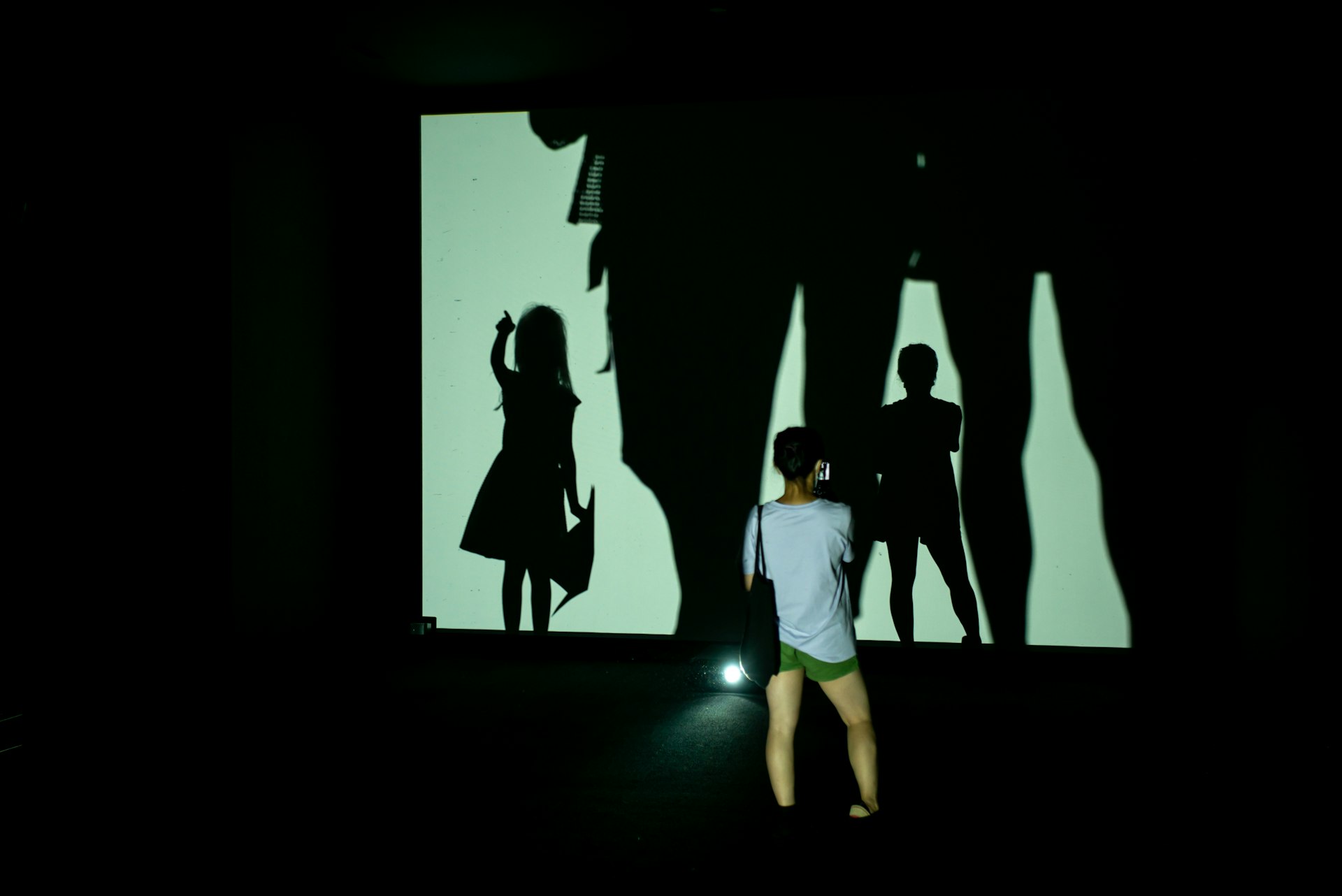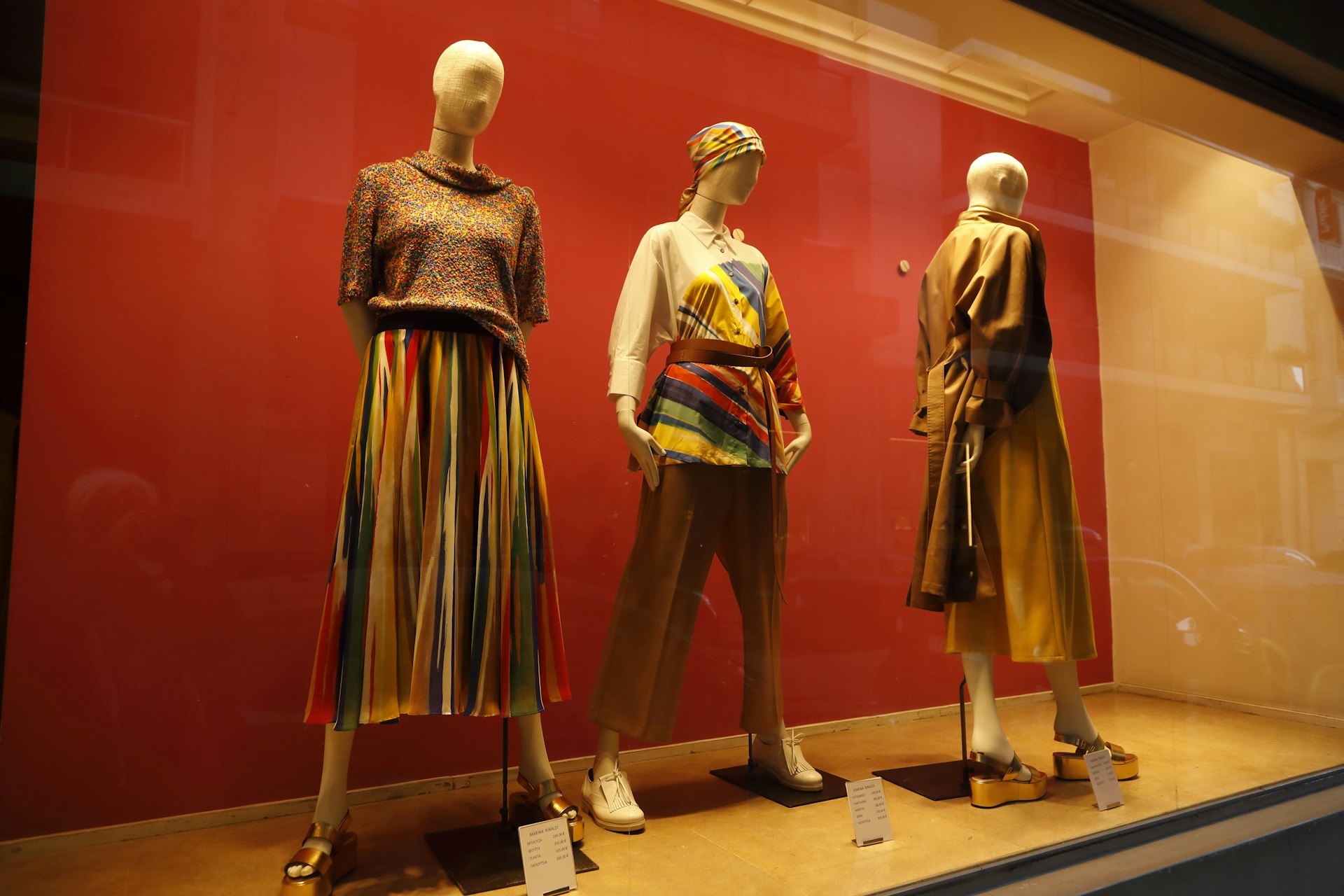Inside the World of Celebrity-Owned Sustainable Accessory Lines: Trends, Brands, and How to Get Involved

Photo by Tim Mossholder on Unsplash
Introduction: The Rise of Celebrity-Owned Sustainable Accessory Lines
In recent years, a growing number of celebrities have launched sustainable accessory lines that promise not only style but also ethical production and environmental stewardship. As public figures, their endorsements and business ventures have a substantial impact on consumer attitudes and industry standards. This article explores several prominent celebrity-owned sustainable accessory brands, their missions, and provides comprehensive guidance on how you can support, purchase, or get involved in this movement.
Why Sustainability Matters in Accessories
The fashion industry is notorious for its environmental footprint. Accessories-ranging from jewelry and handbags to lingerie and everyday essentials-have historically been produced using resource-intensive methods, often with little regard for ethics or ecological impact. However, the demand for transparency, ethical sourcing, and eco-friendly materials has reached a tipping point, pushing both established and emerging brands to adopt greener practices.
[5]
Celebrity-owned brands have played a critical role in accelerating this shift. Leveraging their platforms, these celebrities drive awareness, invest in sustainable innovation, and set new expectations for consumers and competitors alike.
[1]
Notable Celebrity-Owned Sustainable Accessory Brands
1. Naja by Gina Rodriguez
Golden Globe-winning actress Gina Rodriguez co-founded
Naja
, a brand best known for its inclusive lingerie, bralettes, swimwear, and activewear. Naja stands out for its ethical production model-operating a small, family-run factory that employs primarily single mothers and women heads of household, offering fair wages, benefits, and flexible schedules. The company also provides educational support for employees’ children.
[2]
Naja’s sustainability efforts include using upcycled and recycled fabrics, digital printing with water-soluble inks (which significantly reduces water waste), and offering vegan products. The company’s “Underwear for Hope” program further empowers women in Colombia by providing stable employment.
[1]
How to Access: You can browse and purchase Naja’s products directly through their official website. When shopping, look for collections marked as recycled or eco-friendly. If you’re interested in supporting their social mission, consider sharing their story or products with your network.
2. Bayou With Love by Nikki Reed
Actress Nikki Reed, known for the
Twilight
saga, co-founded
Bayou With Love
. The brand is celebrated for its fine jewelry crafted from recycled gold (often sourced from electronic waste) and cultivated, lab-grown diamonds. In addition to jewelry, Bayou With Love offers clothing and home goods made from sustainable, natural, or recycled materials.
[1]
The brand prides itself on transparent sourcing and zero-waste packaging. Bayou With Love’s approach demonstrates how luxury can coexist with environmental responsibility, and it has been featured in major publications for its commitment to conscious consumerism.
How to Access: To purchase or learn more, visit the official Bayou With Love website. You can also follow their social media accounts for updates about new collections and sustainability initiatives. If you’re unsure about product availability, start by searching for the brand name on recognized ethical e-commerce platforms or jewelry retailers.
3. Kora Organics by Miranda Kerr
While primarily known for organic skincare,
Kora Organics
by supermodel Miranda Kerr also offers accessories such as eco-friendly beauty tools and reusable products. All items are certified organic, cruelty-free, and free from harmful chemicals. The brand’s production process emphasizes clean energy and minimal waste.
[2]
How to Access: Kora Organics products are available on their official website, at Sephora stores in the U.S., and in select international retailers. For eco-conscious consumers, look for their sustainability certifications (such as COSMOS) and read the detailed product descriptions to ensure alignment with your values.
4. Studio One Eighty Nine by Rosario Dawson
Actress Rosario Dawson co-founded
Studio One Eighty Nine
, a fashion brand that produces African-inspired accessories and apparel using traditional, sustainable methods. The brand has won the CFDA Lexus Fashion Initiative for Sustainability award and supports artisans in West Africa.
[3]
How to Access: For those interested in purchasing, search for Studio One Eighty Nine’s official website or trusted fashion e-commerce platforms that feature ethical brands. You can also follow the brand’s social media channels to stay updated on new collections and artisan stories.

Photo by Iñigo TELLERIA PEREZ on Unsplash
5. Stella McCartney
Stella McCartney, though not traditionally an “accessory-only” brand, is a pioneer in sustainable luxury fashion, offering handbags, shoes, and belts made from vegan leather and recycled materials. McCartney’s brand is a member of the Ethical Trading Initiative and Sustainable Apparel Coalition, setting industry-leading environmental standards.
[4]
How to Access: Stella McCartney’s accessories are available through the official brand website and select luxury department stores. When shopping, look for their sustainability labels, which detail the materials and ethical standards behind each item.
How to Identify and Support Sustainable Accessory Lines
With celebrity endorsements driving demand, it’s crucial to assess the authenticity of sustainability claims. Here are actionable steps for consumers:
- Research the Brand: Examine the company’s official website for transparency regarding materials, labor practices, and environmental certifications. Look for third-party sustainability labels, such as Fair Trade, GOTS (Global Organic Textile Standard), or COSMOS for cosmetics.
-
Review Independent Ratings:
Websites like Good On You provide sustainability ratings for fashion brands, including those owned by celebrities.
[4]
- Engage on Social Media: Follow brands and their founders for real-time updates, behind-the-scenes insights, and opportunities to participate in campaigns or giveaways promoting sustainability.
- Look for Impact Initiatives: Many brands run programs supporting women, artisans, or local communities. Purchasing products from these collections often directly benefits these causes.
Customization, Exclusivity, and the Power of Celebrity Influence
Customization and limited-edition releases have become powerful tools for celebrities to boost both sustainability and consumer engagement. For example, Olivia Rodrigo’s personalized Stanley Cup demonstrates how stars can turn everyday items into eco-friendly, iconic accessories.
[5]
To access such exclusive products, sign up for brand newsletters, monitor social media for collaborations, and participate in pre-order campaigns. While these items can sell out quickly, many brands offer waitlists or second-chance releases.
Challenges and Alternatives in the Sustainable Accessory Market
Despite their positive impact, celebrity-owned brands face several challenges:
- Greenwashing: Some brands overstate their sustainability credentials. Always verify claims through third-party certifications and independent reviews.
- Accessibility and Pricing: Sustainable accessories often come at a higher price point due to ethical sourcing and production. For budget-conscious shoppers, consider purchasing from smaller, lesser-known ethical brands or look for pre-loved options through reputable resale platforms.
- Product Availability: Limited production runs can make popular items hard to obtain. If a product is out of stock, search for similar items from other verified ethical brands or sign up for restock notifications.
Step-by-Step Guide: Getting Involved with Sustainable Celebrity Brands
- Define Your Priorities: Decide which sustainability aspects-such as vegan materials, fair labor, or zero-waste packaging-matter most to you.
- Research Brands: Use official brand websites, sustainability rating platforms, and reputable news sources to verify claims and explore product offerings.
- Shop Mindfully: Purchase directly from brand websites or through established retailers known for supporting ethical brands. Confirm the legitimacy of any website before entering payment information.
- Spread the Word: Support your favorite brands by sharing their stories, leaving reviews, or gifting sustainable accessories to friends and family.
- Stay Informed: Subscribe to newsletters from trusted sustainability blogs or advocacy groups to stay up-to-date on new launches and industry developments.
Conclusion: The Future of Sustainable Accessories
Celebrity-owned sustainable accessory lines are reshaping the industry, proving that style and responsibility can go hand in hand. By supporting these brands, you help drive demand for ethical practices and innovative materials. As the movement grows, consumers have more opportunities than ever to make informed, impactful choices. For those ready to take action, start by researching your favorite celebrity brands, supporting their missions, and sharing your journey toward a more sustainable lifestyle.
References
- [1] Green Matters (2021). Celebrities Who Started Sustainable Slow Fashion Brands.
- [2] Gallant International (2025). Six Celebrity Women Making Their Mark with Sustainable Brands.
- [3] Harper’s Bazaar (2024). For Earth Day, 10 Celebrities Who Approach Their Style Sustainably.
- [4] Good On You (2023). Celebrity and Influencer-Owned Fashion Brands.
- [5] Green Matters (2025). Celebs Love Eco-friendly, Sustainable Everyday Accessories.



